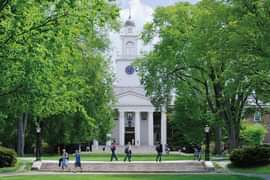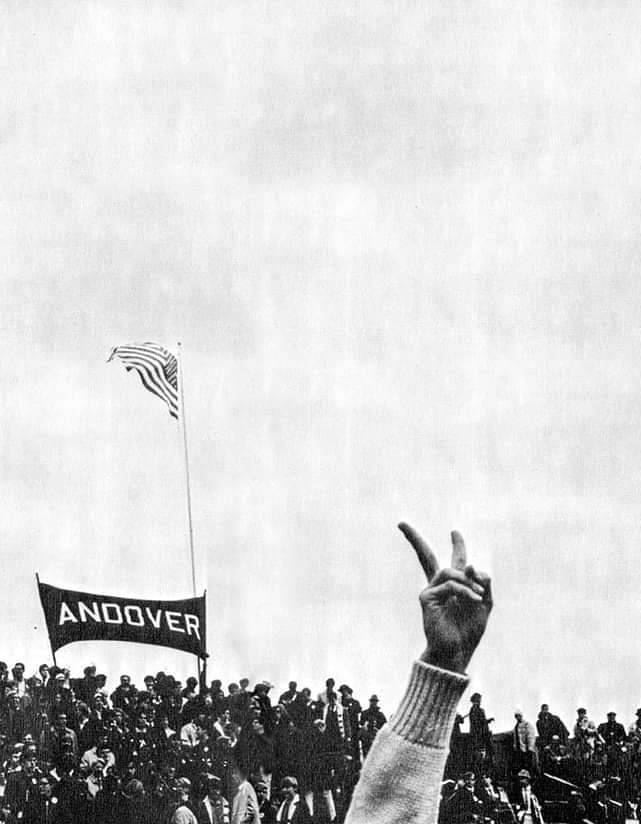
October 23, 2018
1968
A year of tumult, rebellion, and changeby Allyson Irish
Moderated by history teacher Matt Hession, who teaches a 1968 senior elective course, the Reunion panel “1968: A Year in Crisis and the Aftermath” included 1968 alumni Kenny Blake, Stan Crock, and Ted Chapin, and recent graduates Patrick Doheny ’18 and Nell Fitts ’18.
Come mothers and fathers
Throughout the land
And don’t criticize
What you can’t understand
Your sons and your daughters
Are beyond your command
Your old road is rapidly agin’
Please get out of the new one if you can’t lend your hand
For the times they are a-changin’
—Bob Dylan, “The Times They Are A-Changin’”
Though Bob Dylan’s epochal song was released in 1964, the lyrics were even more prescient four years later when it seemed the entire world had erupted.
The assassinations of Dr. Martin Luther King Jr. and Robert F. Kennedy. The Vietnam War and the launch of the Tet Offensive. President Lyndon Johnson’s stunning announcement that he would not run for re-election. Richard Nixon’s election as president. And protests—for civil rights, gay rights, and women’s rights.
“The events of the year would reverberate,” said PA history instructor Matt Hession. Indeed, the impact was felt all over the world, including at Andover’s bucolic campus. As graduates of Abbot and Phillips academies shared during their 50th Reunion, the events of 1968 have forever shaped their lives and perspectives.
“To a certain extent, we were in the Andover bubble,” said Gary Meller ’68 who helped organize the 1968 discussion. “We were focused on getting into colleges and passing History 4, plus all the other activities that we had. But the nature of the events that were happening was so large that it kept impinging on our lives at Andover.” How could it not?
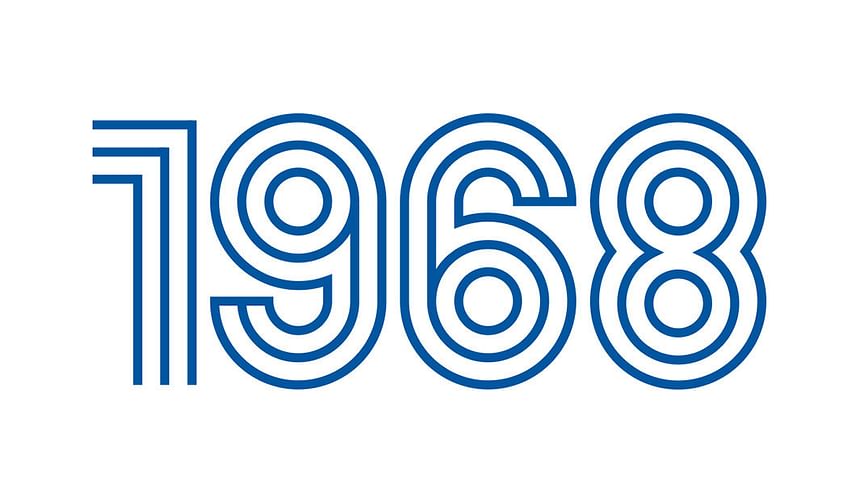
A Campus in Shock
Living in Nathan Hale House his upper and senior years, Sumner Smith ’68 recalled hearing about three “incredible, shocking events” on three separate morning walks to Commons: the explosion of the Apollo 1 in 1967, and the assassinations of MLK and Bobby Kennedy in the spring of 1968.
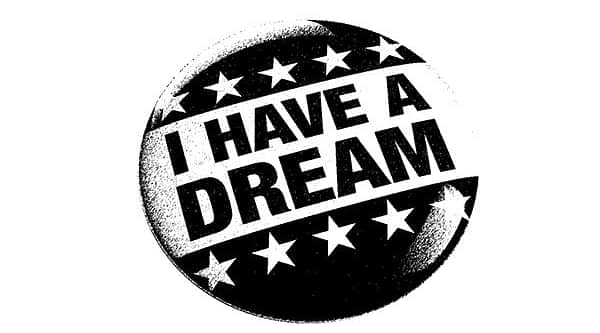
“I thought, ‘You’ve got to be kidding me’ You got that news and you just could not believe it.”
On the Abbot campus, Lee Sullivan ’68 remembered being equally shocked. PA boys would occasionally walk down the hill to talk with the Abbot girls about current events, and that happened often in the spring of 1968. “It was a very tumultuous and very difficult time,” Sullivan said.
Though struggling with their own emotions and questions, faculty members also tried their best to answer questions and console students during this period. Pardon Kenney ’68 recalled walking into History 4 the morning of April 4 and seeing legendary teacher Tom Lyons in tears, reeling over the news of King’s assassination. The lesson plan abandoned, Lyons gathered the students and spoke with them for the remainder of the class.
No More War
Many alumni recollected a growing distrust of long-respected institutions such as the government and the military. One of the hallmarks of the late ’60s, Meller recalled, was a general division between the generations. “The saying was: Don’t trust anyone over 30.”
The older generation—the Greatest Generation—represented sacrifice and nobility. Kenny Blake ’68 acknowledged that it was difficult to question those in the Greatest Generation. “To actually look at the most noble character I happen to know, who is my dad, and say ‘No’—that was not the correct way to go.”
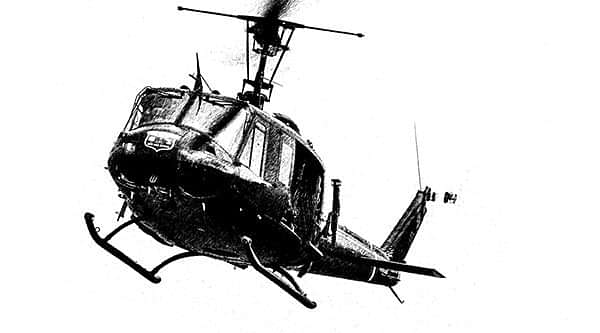
With the war raging in Vietnam, Andover boys were rightly concerned about the draft. “Words can’t even begin to describe it,” Blake said. “I think of [the draft] as a giant Transformer that would come into neighborhoods and just take people.”
Ted Chapin ’68, who attended Yale after Andover, said that one of his college classmates who drew a low draft number tried to starve himself in order to fail the military physical. “Vietnam was the first really stupid war,” Chapin said. “It made us all so frustrated with the absurdity of a government run amok.”
Although he too received a low number, David Johanson ’68 found a loophole and was able to evade being drafted. Johanson said he has often thought about that experience and how it affirmed for him “the difference between those of us who had the privilege of being at a school like Andover and really studying and knowing what to look for, and the many people who did not have that same degree of privilege and education. That was an eye-opener for me. It’s hard for people today to imagine the impact the draft had on all of us.”
We knew things were changing and we definitely felt it.
”In the Streets and on TV
After graduating from Abbot, Ann Doty ’68 attended Mills College in Oakland, Calif. She and her friends would regularly attend marches for women’s rights and other social movements, traveling to San Francisco, Detroit, and Washington, D.C.
“We were radical at Mills, but it was also just the natural thing to do,” Doty said. “We knew things were changing and we definitely felt it.”
On the other side of the country, the atmosphere was equally radical. At Yale, Chapin and others were aware that gay activists were starting to organize in Greenwich Village. The lead-up to the Stonewall riots the following year “changed the Zeitgeist,” even at conservative Yale, where, Chapin said, in one year the Homosexuality Discussion Group had changed its name to the Gay Alliance at Yale—GAY.
While some were actively involved in marches and demonstrations, everyone could watch what was happening at home on TV. Despite their distrust of government, most people held journalists in high regard. Walter Cronkite of CBS and David Halberstam of the New York Times were expected to tell the truth and, for the most part, the public believed them. A journalist himself for 30 years, Stan Crock ’68 commented on the media climate today compared to that of 1968, when reporters and consumers “had the opportunity to focus on one thing at a time. There were a number of momentous events during that year, but there weren’t daily momentous events, as there are today.” Crock and others on the panel lamented the rise of “fake news” and the increasing cynicism about news organizations.
“Walter Cronkite would say, ‘And that’s the way it is,’ and you believed him,” said Chapin.
Categories: Magazine
Other Stories

What’s the quiet, everyday hero for so many students at PA?




